Alexa Byers writes about her PhD research into kauri dieback and soil microbiota
News & Events
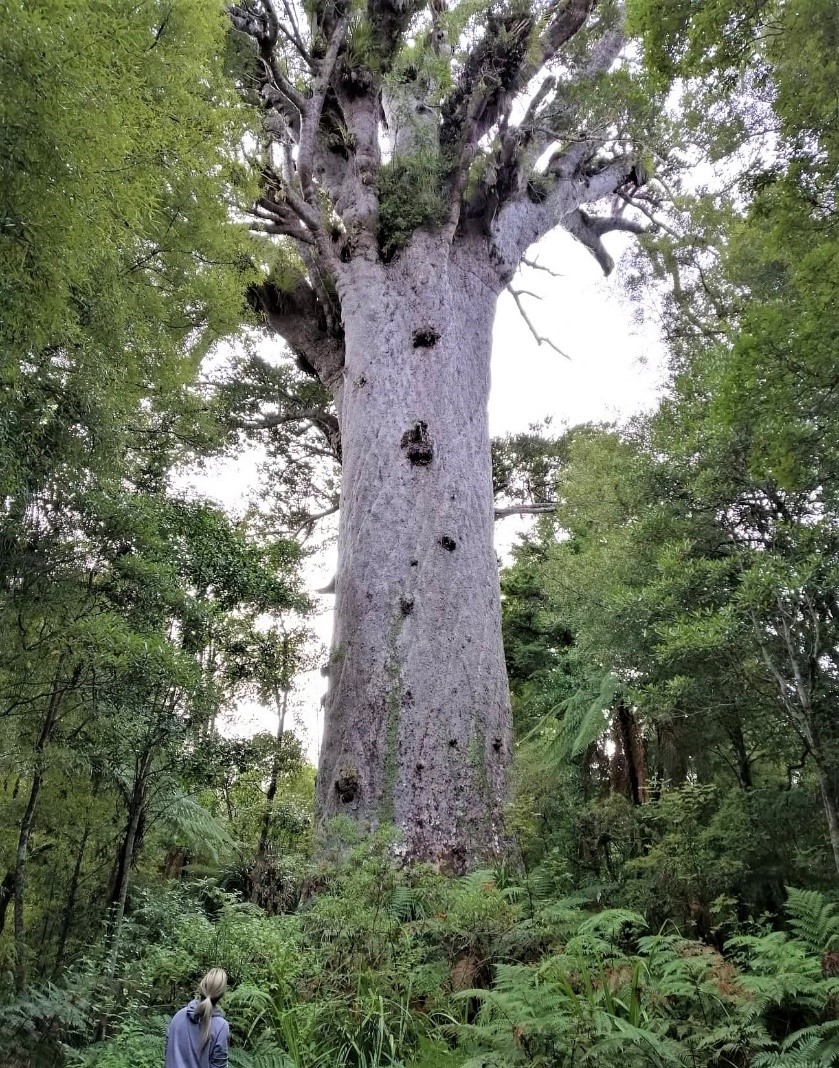
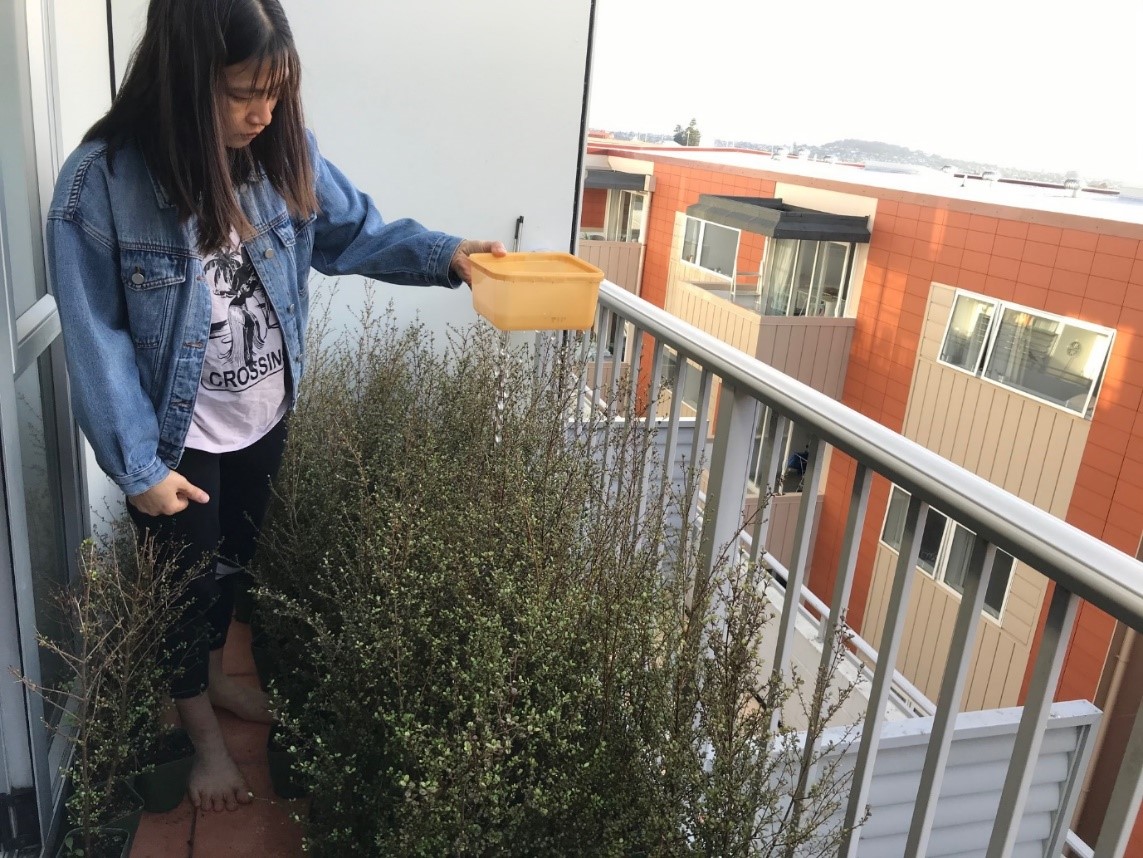
‘Home gardening’ during lockdown
Hoa Nguyen had to improvise to save part of her PhD during lockdown,
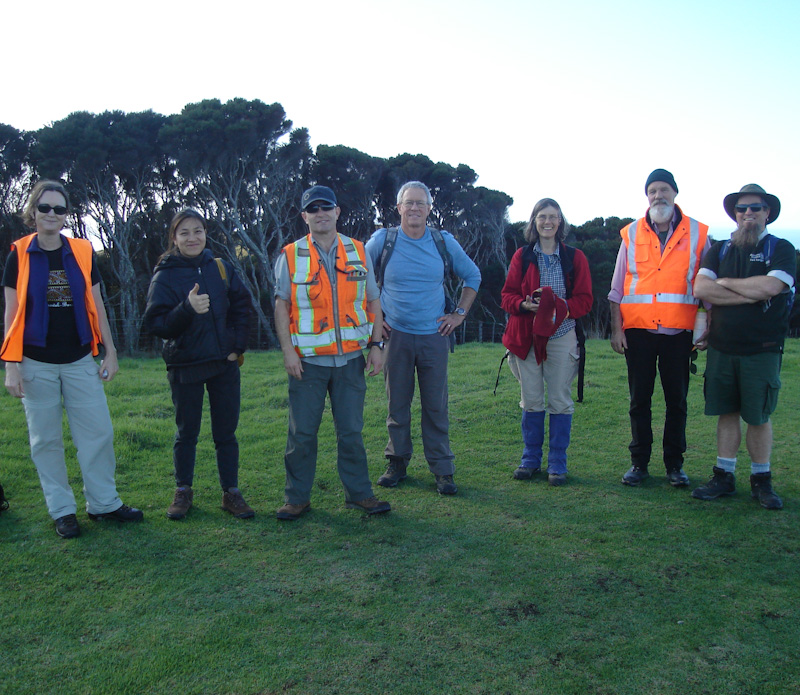
New study sites for Beyond Myrtle Rust
It might not be ‘the season’ but the team from Beyond Myrtle Rust (BMR) couldn’t wait to get back out into the field this month.

Preliminary results from myrtle rust susceptibility testing
This project aimed to assess the relative risk posed by myrtle rust to six Myrtaceae species under natural New Zealand conditions. Here’s what they found.
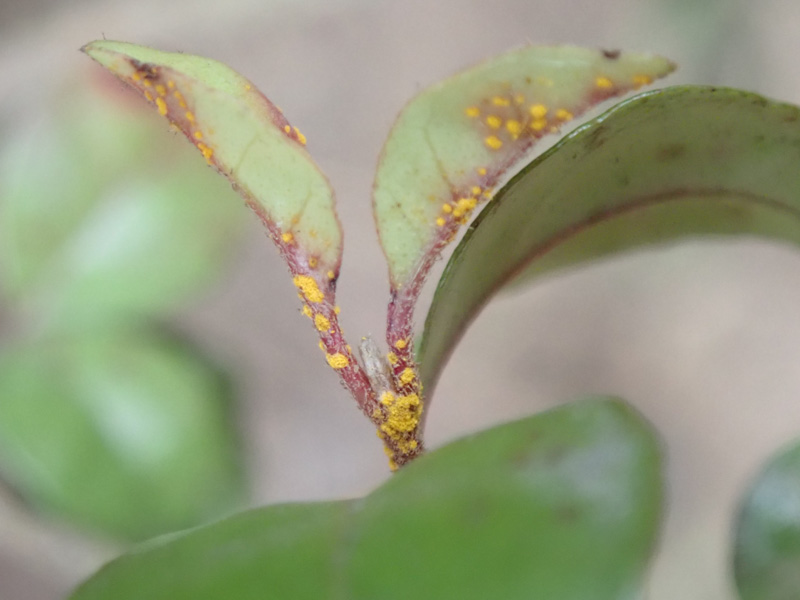
Preliminary results from priority myrtle rust monitoring
Over the 2019/2020 field season myrtle rust disease occurrence and severity was recorded fortnightly at two field sites in the Rotorua district. Here’s what they found.

A strategic approach to partnership
Authentic partnership with mana whenua takes pride of place in the BioHeritage Challenge. But what happens when seven different teams all want to honour this process in a similar field of work?

April newsletter – Ngā Rākau Taketake
Details of the Ngā Rākau Taketake investments, how policy needs science and news from MPI

Policy needs science like a fat tūī loves nectar
We “sat down” with Katrin Webb from DOC to talk about how policy uses the science provided to them, and how useful it is to have everyone at the table from the very beginning.
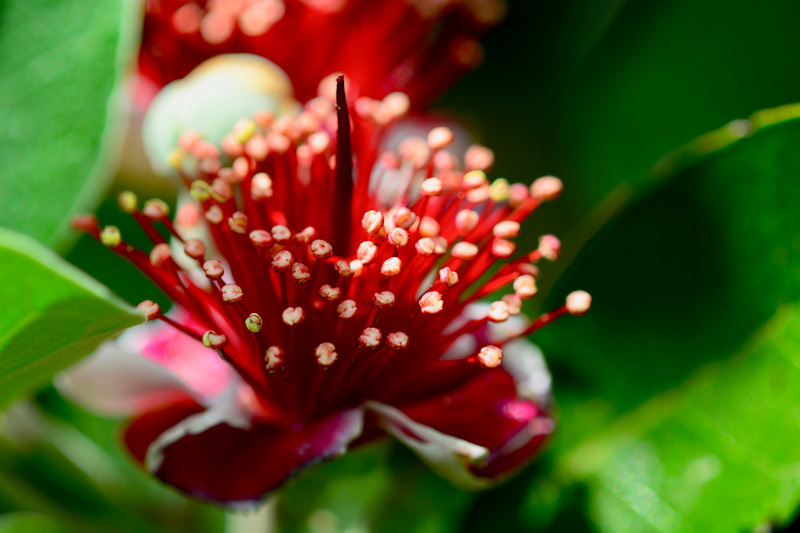
Myrtle rust is having sex – why this matters and what it means for New Zealand
A study has just been published containing new evidence that Austropuccinia psidii, the fungus that causes myrtle rust, is reproducing sexually in New Zealand in addition to cloning itself.
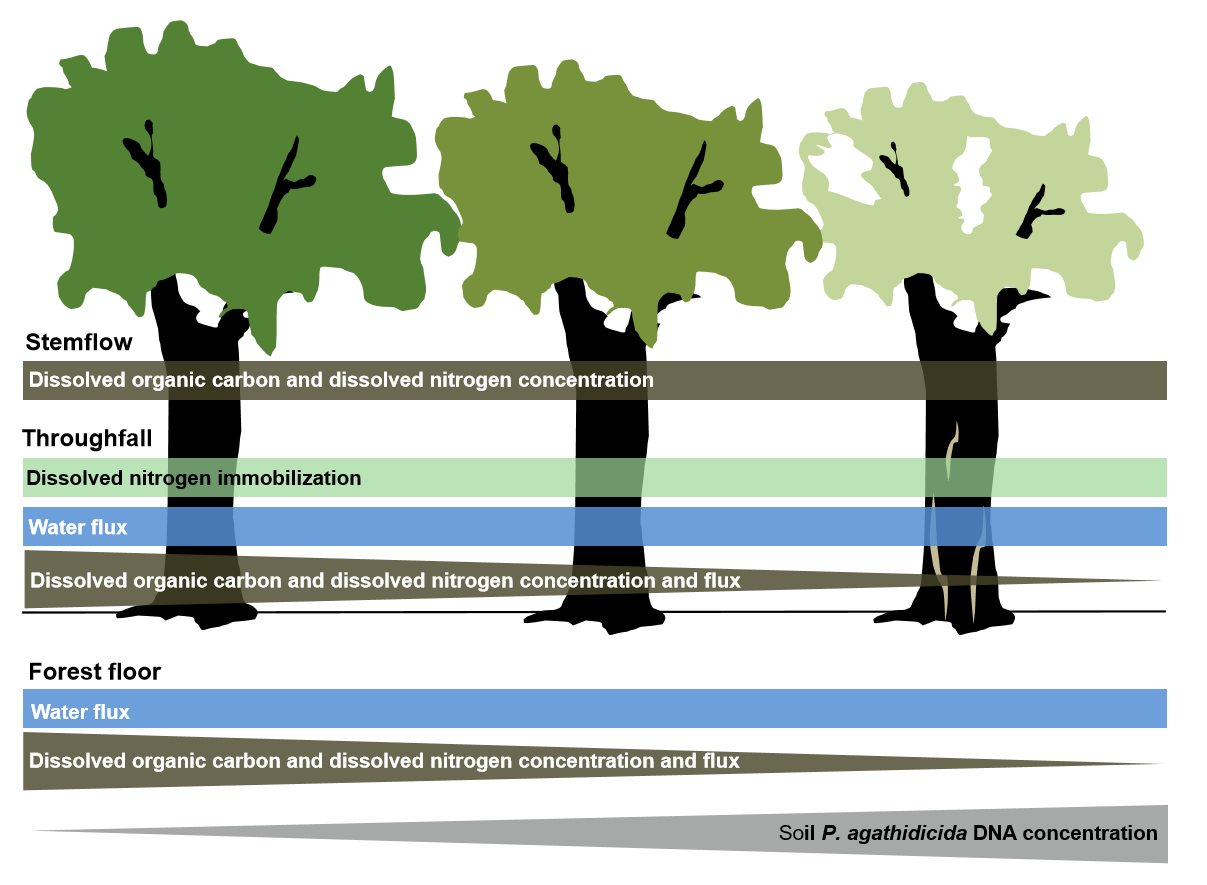
Kauri dieback affects dissolved organic matter cycles
Measuring dissolved organic matter could give an idea of the extent to which trees are infected with Phytophthora agathidicida, according to a recent study.